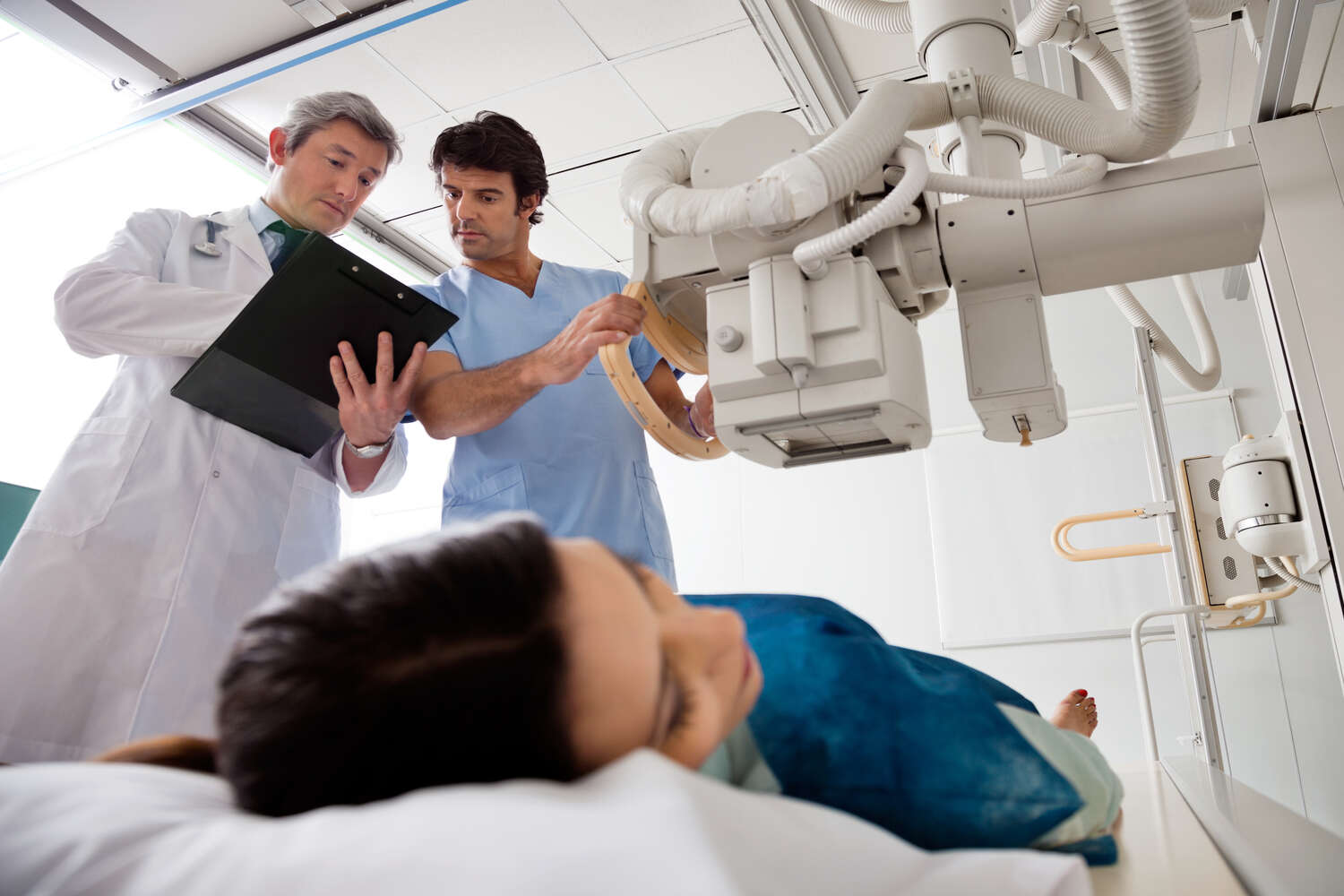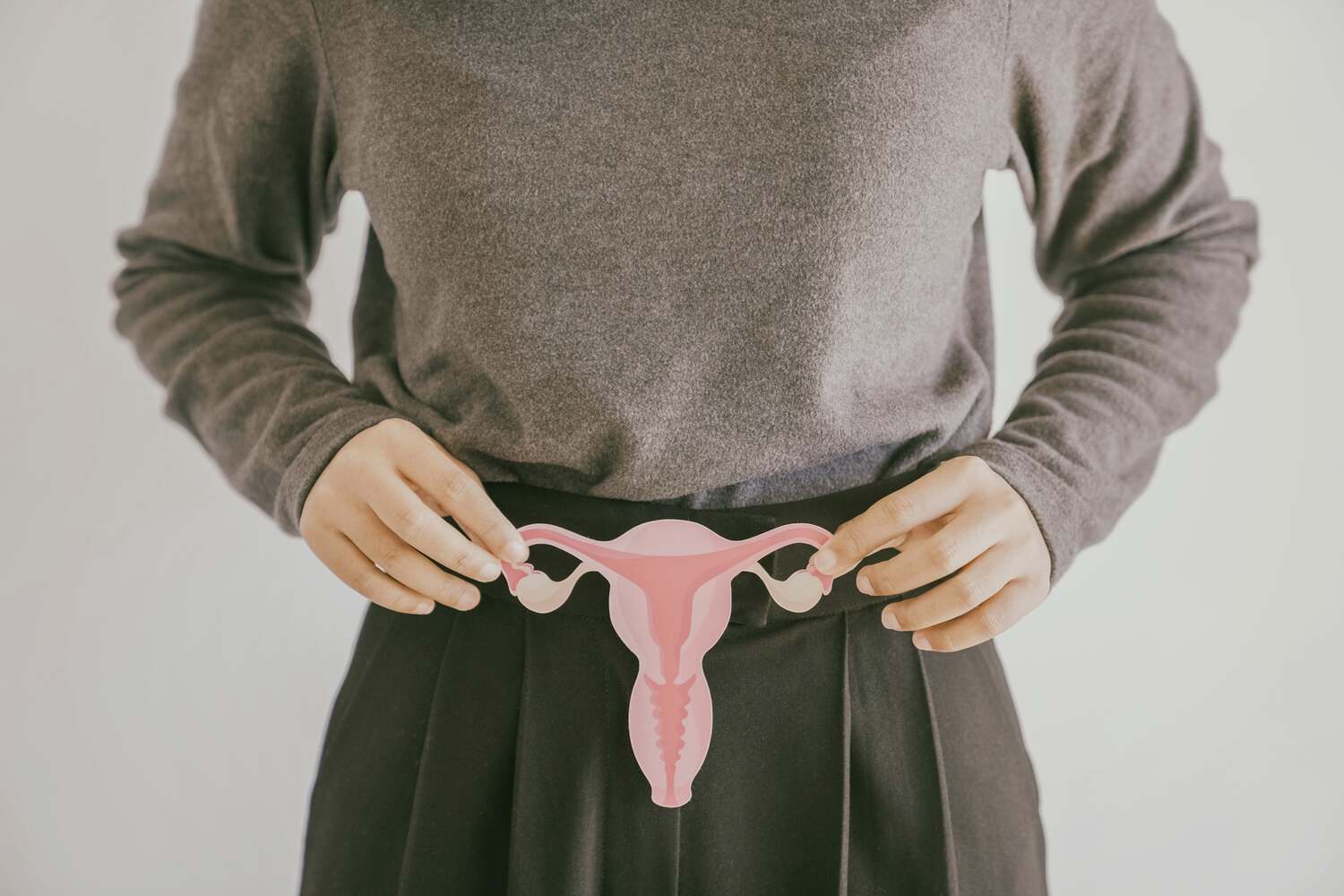 Taking an X-ray is a basic medical need for assessment in many situations. An X-ray will help your doctor take a good look at your bones, joints, and even internal organs. Despite all the radiation, doctors prefer X-rays, because the benefits always outweigh the very small risk due to the exposure. The question is, what if you are pregnant or trying to conceive? Can you take X-rays while trying to conceive?
Taking an X-ray is a basic medical need for assessment in many situations. An X-ray will help your doctor take a good look at your bones, joints, and even internal organs. Despite all the radiation, doctors prefer X-rays, because the benefits always outweigh the very small risk due to the exposure. The question is, what if you are pregnant or trying to conceive? Can you take X-rays while trying to conceive?
An X-ray is not a must for all diagnoses, but the accurate details an X-ray can provide are crucial for a precise diagnosis. If you and your partner are trying to conceive and there is a sudden need for an X-ray for some medical issue, it is natural to worry about the impact of the radiation on your general health. Do you need to worry? Read on to find out.
In This Article
- Is It Safe To Take X-rays When Trying To Conceive?
- Can X-Rays Affect Ovulation?
- Precautions To Take When Taking X-Ray
- Exposure To X-ray – How Much Is Too Much?
- FAQs
Is It Safe To Take X-rays When Trying To Conceive?
Yes, of course! As long as the X-ray is not of your belly or abdomen, you can go ahead and take that X-ray without worry.
The exposure to radiation for a single X-ray is very minimal and does not cause any harm to your health. Also, X-rays focus the radiation rays only on the specific area of the body. The rest of the body receives scattered radiation, which is close to negligible. If you are taking an X-ray of your limbs or teeth, there is nothing to worry about.
It is always a good idea to inform your doctor about your possible pregnancy. They may alter their requirement accordingly. If possible, they may postpone the X-ray, or reduce the level of radiation. This will bring down your radiation exposure even further.
However, if you are taking multiple X-rays of your abdomen when you are trying to conceive, it can increase your unborn baby’s exposure to radiation. In some cases, exposure to excess radiation can affect the fetus and result in a child with birth defects or diseases.
Can X-Rays Affect Ovulation?

What if you are taking an X-ray before you get pregnant when you are actively trying to conceive? Will the radiation affect your menstrual cycle and ovulation?
Reproductive organs such as the ovaries and testes are more sensitive to radiation than the rest of the body. A strong dose of radiation to the pelvic area or repeated radiation exposure can cause temporary or sometimes even permanent infertility.
Since medical X-rays use very small doses of radiation, taking an X-ray will not impact your ovaries. If you are taking an X-ray of your jaw for a dental procedure, it will not impact your ovaries or ovulation in any way. Routine diagnostic X-rays do not use high doses of radiation.
There is not enough research or data on the impact of multiple low-dose radiation or X-rays on a woman’s ovulation or eggs. If you need to take multiple X-rays for some medical purpose, just ensure your healthcare provider is aware of your pregnancy plans.
Precautions To Take When Taking X-Ray
Wondering what precautions to take while getting an X-ray done while trying to conceive?
It can be a major concern for those who are actively trying to conceive. If you are undergoing any treatments, you definitely don’t want anything to come in the way. However, if you are in a medical situation where an X-ray is absolutely necessary, here are the precautions you can take:
- Always inform the healthcare provider and the technician about your possible pregnancy
- Use protective gear like lead aprons if necessary
- Avoid taking X-rays of your abdomen or pelvis, unless it is very important and urgent like an accident or serious medical condition.
- Postpone the X-ray if it is not urgent
- Ask your doctor for other imaging options
- Ask the technician to help you position away from the
Exposure To X-ray – How Much Is Too Much?

One of the biggest concerns for couples trying to conceive is – how much exposure to X-ray is harmful while trying to conceive?”
If you are trying to conceive, it is best to reduce your X-ray radiation exposure to 100mGy (milligray). Anything more than this could have an impact on the fetus if you are pregnant. Since you are actively trying to get pregnant, it is always safe to assume you are pregnant and take precautions accordingly.
Also, if you are planning to get an X–ray, follow the 10-day rule. According to this rule, you should take the X-ray within the first 10 days of your menstrual cycle. This way, you can avoid radiation exposure in case you get pregnant. Ovulation occurs only around the 14th day of a woman’s menstrual cycle and doing the X-ray before ovulation is the safest option.
If you have missed your period, you should assume you are pregnant until proven otherwise. Do not go ahead with the X-ray on the general calculation of your menstrual cycle. It is best to let your doctor know if there is a delay in your period.
Conclusion
Radiation exposure when you are trying to conceive can lead to worry, not just for the unborn child but for your fertility and chances at pregnancy too. However, the X-rays doctors ask for have very little radiation and the exposure cannot affect your fertility. Unless you are taking multiple X-rays of your abdomen or uterus, you have nothing to worry about.
FAQ’s
1. How Long Does X-ray Radiation Stay In The Body?
Routine medical X-rays use very little radiation. Such radiation does not stay in the body or have any impact on your body parts.
2. How Many X-rays Are Safe In A Month?
Every X-ray has a little radiation. There is no definite safe or unsafe number of X-rays per month. The impact of the radiation depends on which part of the body you are taking an X-ray of and what the radiation level is per X-ray.
3. Can I Take An X-ray During Menstruation?
Yes, you can take an X-ray when you are on your period. It will not have any impact on your menstrual cycle or fertility. If you are taking an X-ray of your pelvic area, it can be personally uncomfortable.

